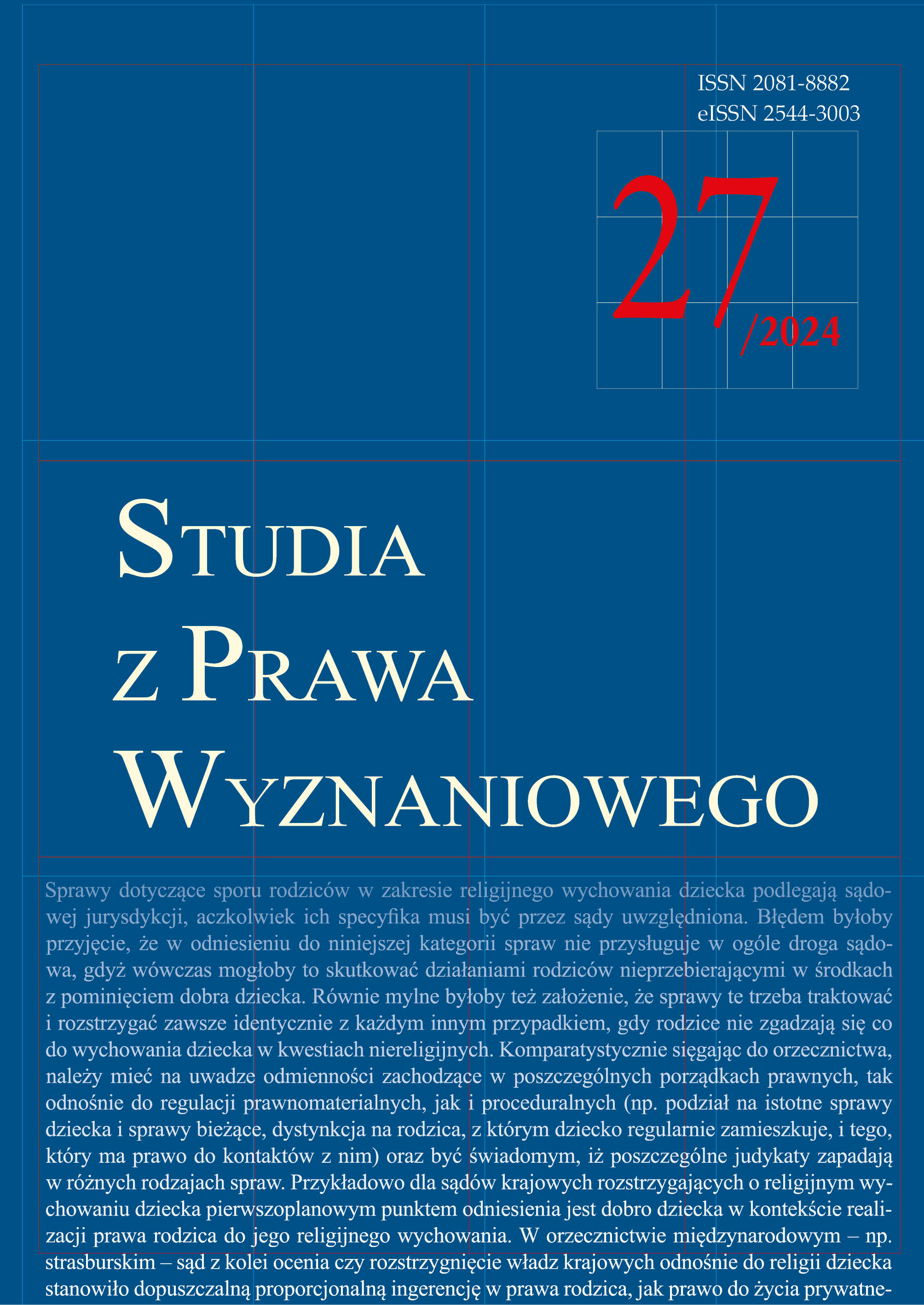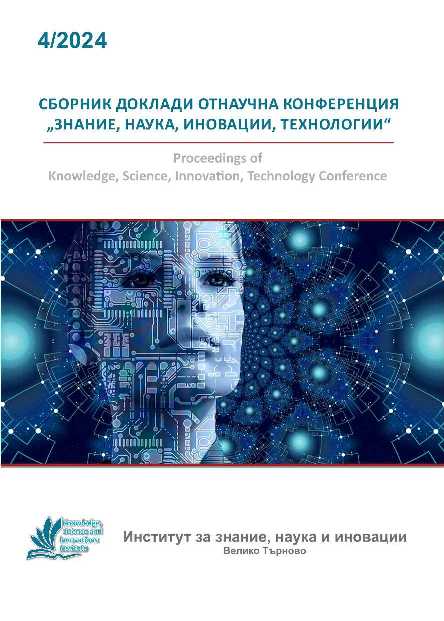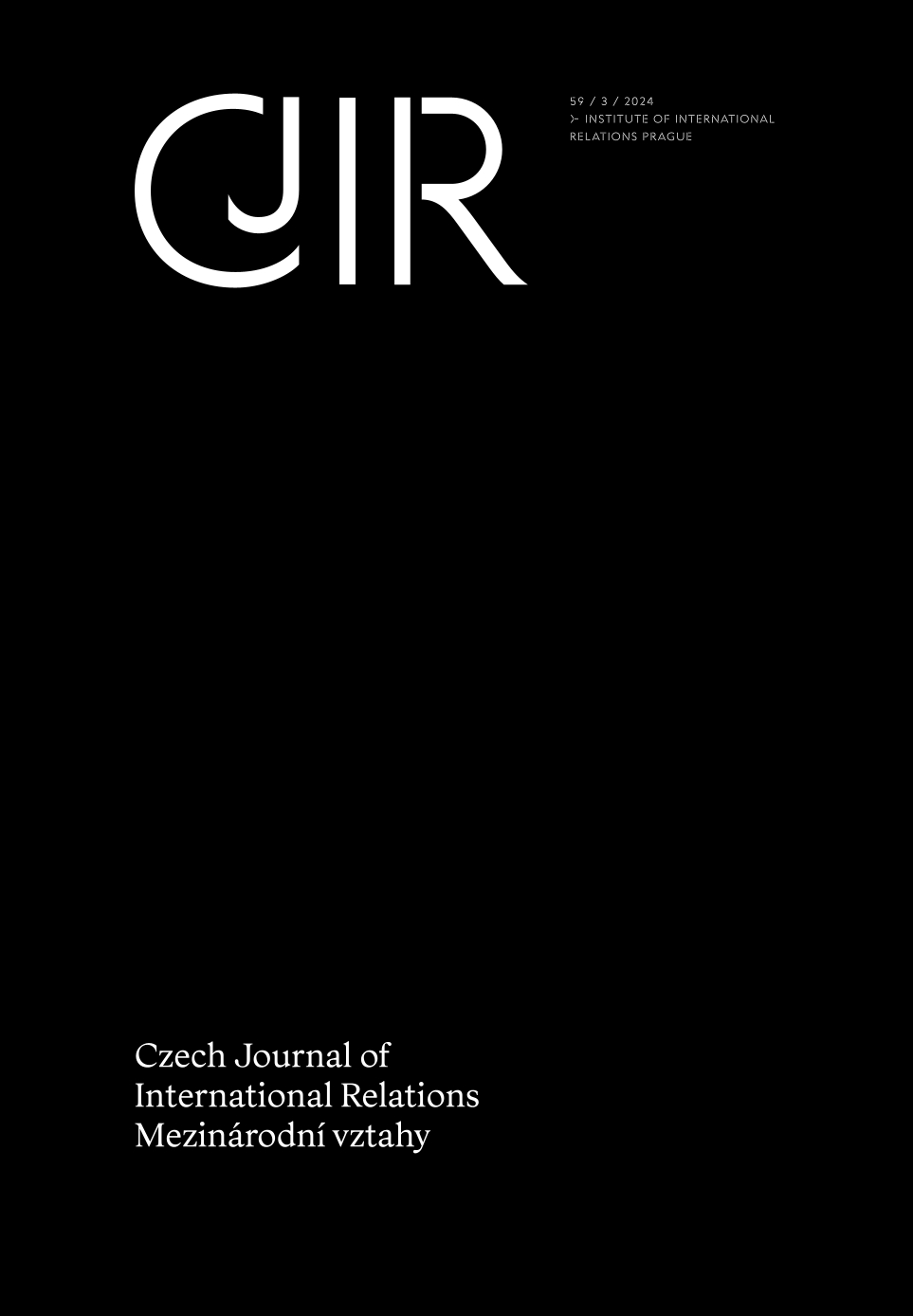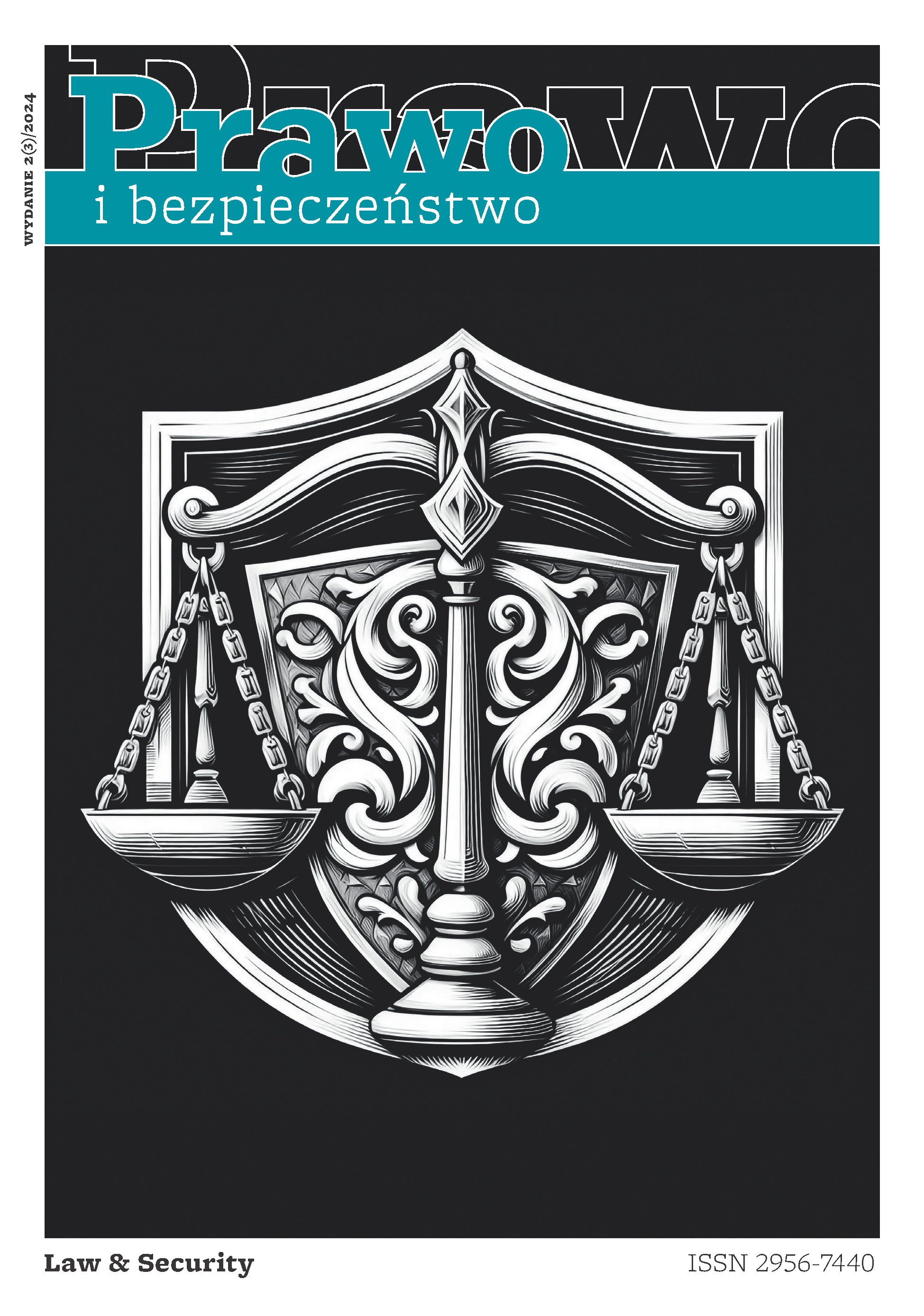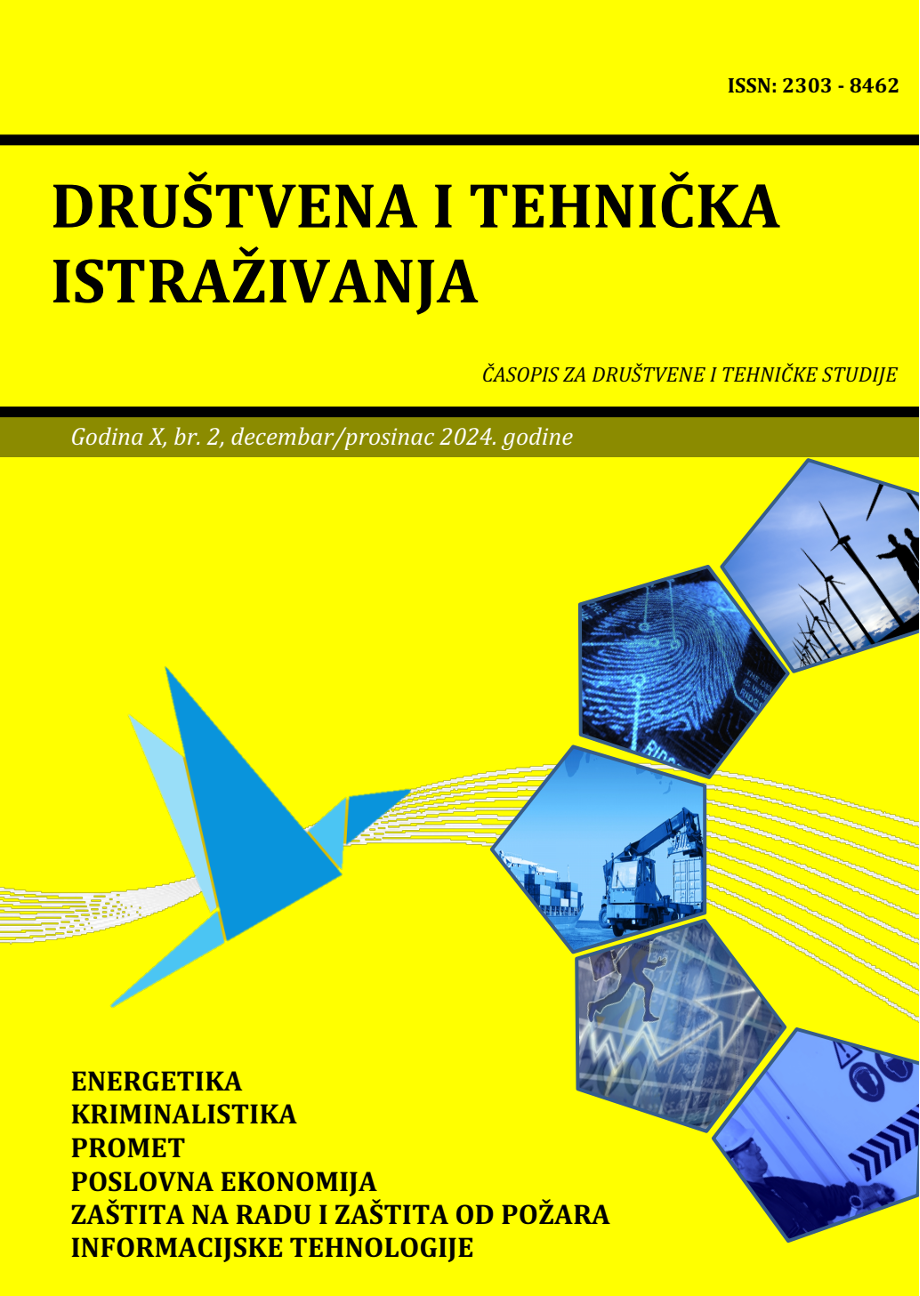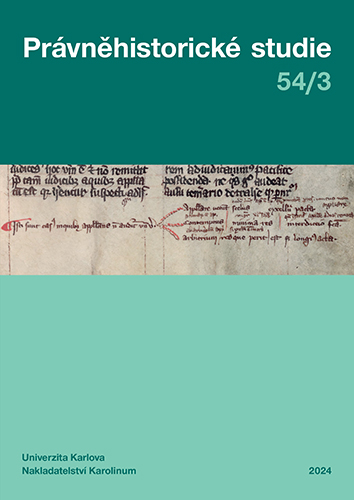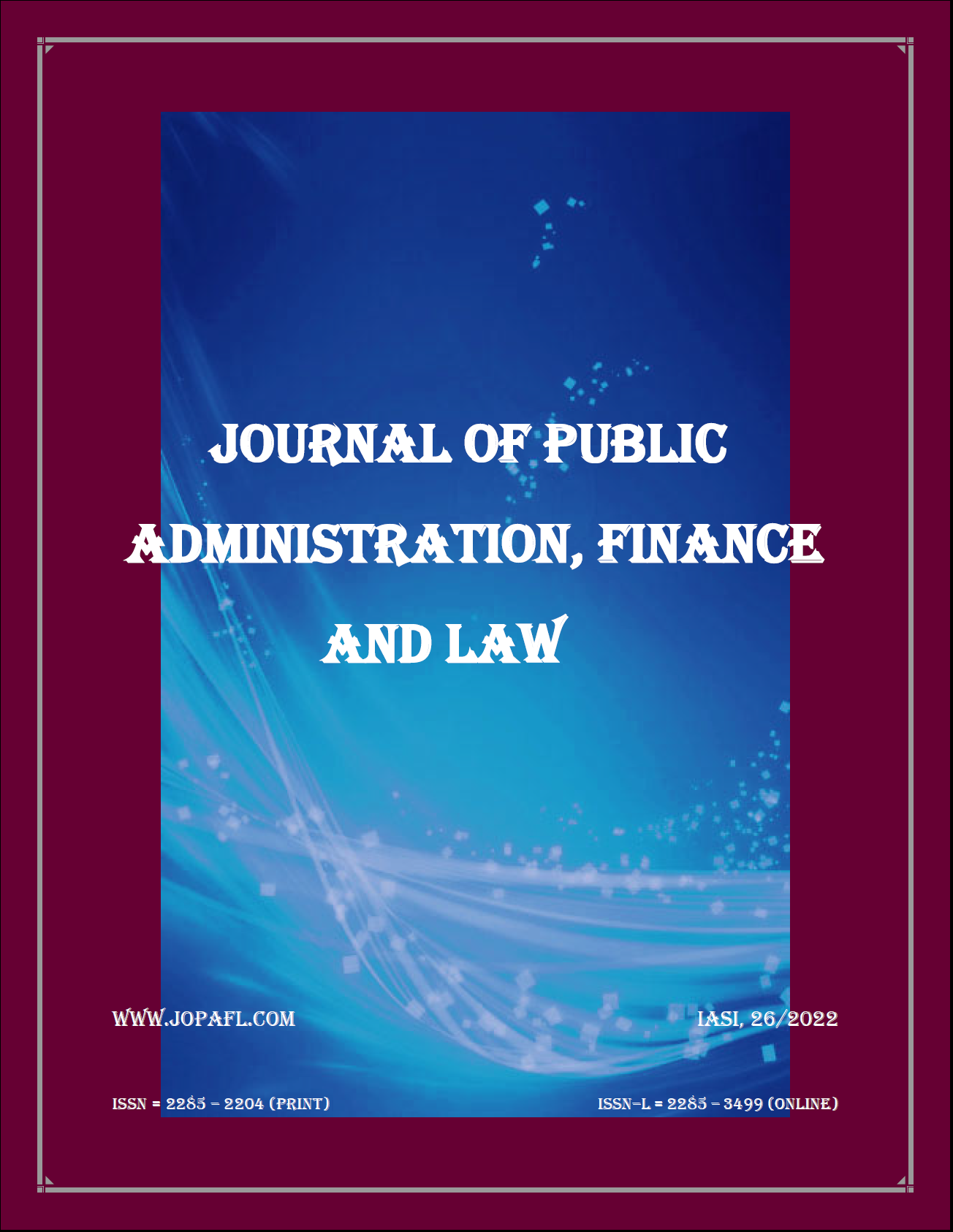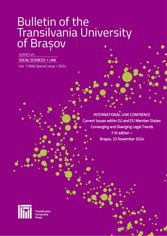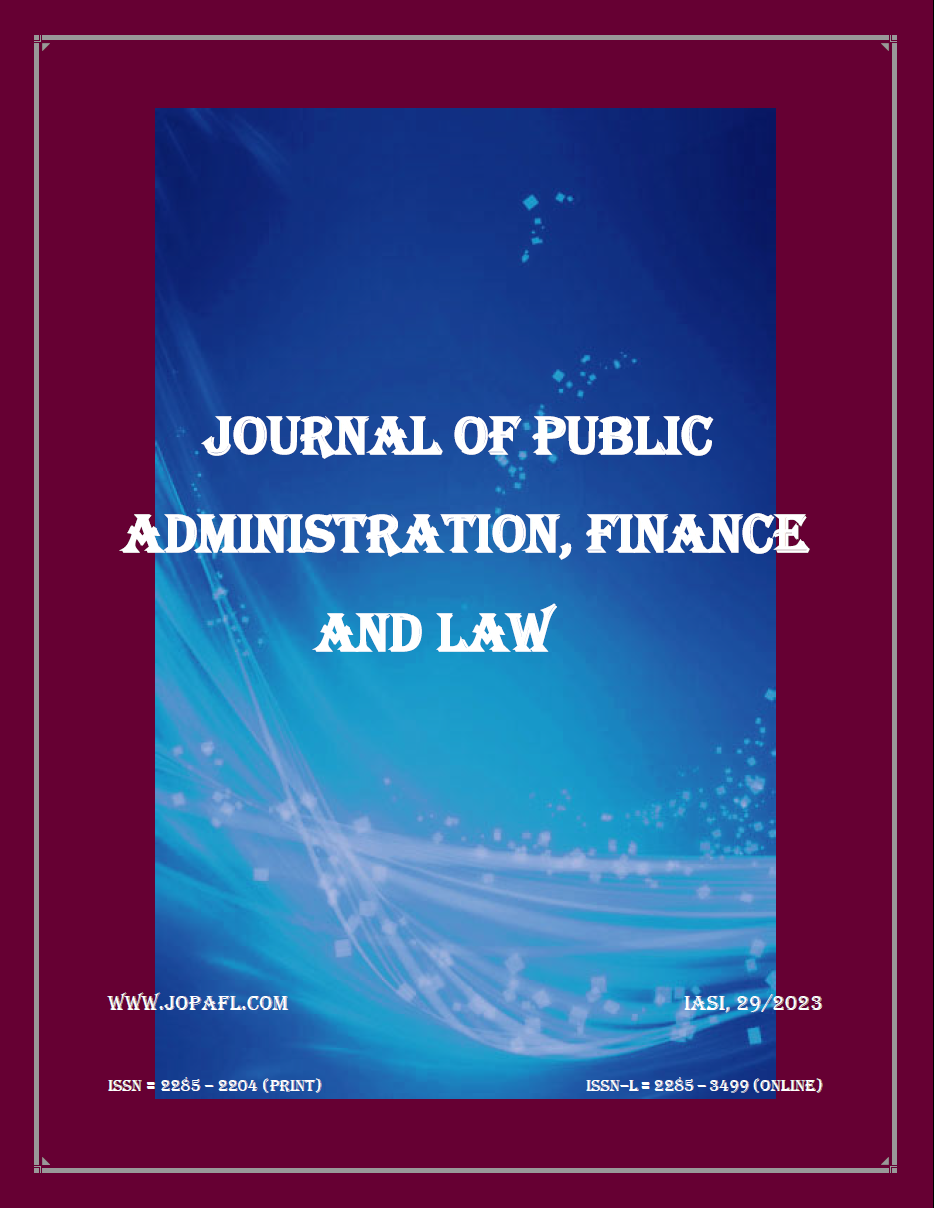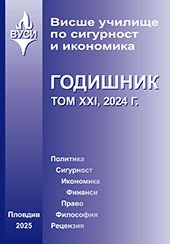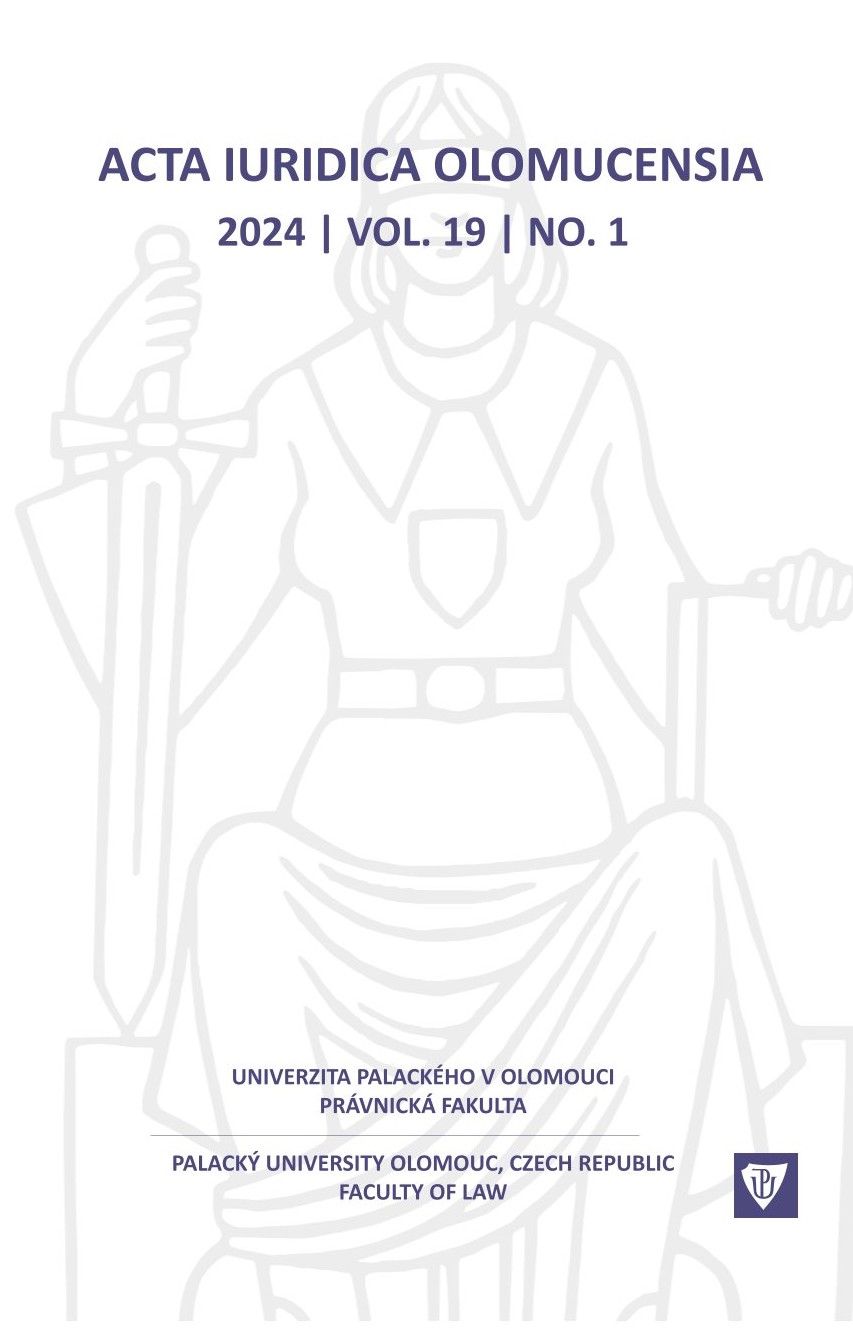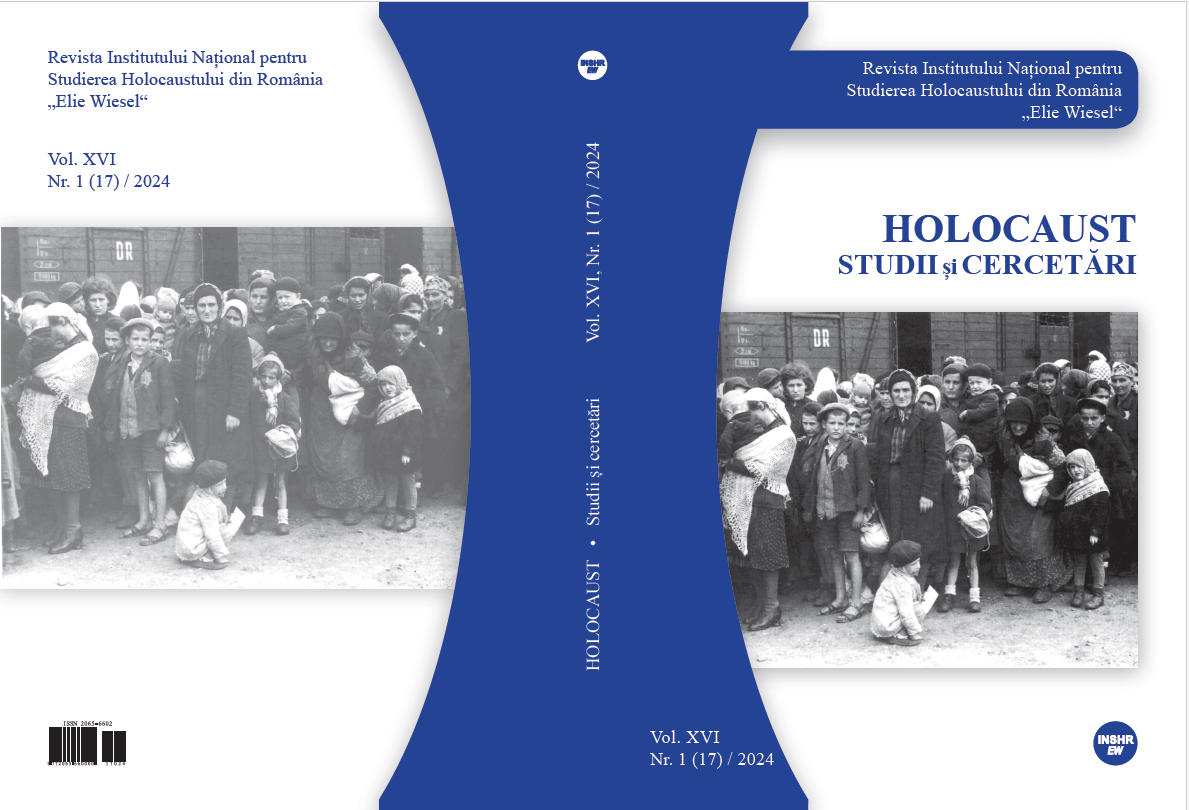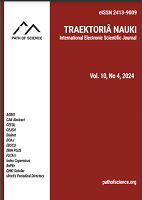
The Role of the Police in Providing Legal Protection for Victims of Electronic-Based Trafficking
This research is intended to explore two main aspects of protecting victims of electronic-based trafficking in the jurisdiction of the Malang District Police. First, this research aims to implement Article 42 of Law No 12 of 2022 on Victim Protection. Second, this research focuses on the strategies used by the police in protecting victims of electronic-based trafficking. The research method used is a sociological juridical approach, which involves collecting primary data through in-depth interviews with PPA unit officers and victim witnesses and secondary data from desk research. This approach aims to examine the implementation of relevant legal regulations, specifically related to online prostitution and pimping. The results showed that from 2020 to 2023, there were three cases of human trafficking offences in the Malang Police area. The case study at Batu Police Station illustrates the modus operandi of pimps in utilising the MiChat application to offer victims to customers. In implementing the law, there are challenges in law enforcement related to electronic-based prostitution, especially in applying Article 42 of Law No 12 of 2022 and Article 27 § 1 of the ITE Law, which are multi-interpretive. This research concludes that the role of the police is vital in providing legal protection for victims of electronic-based trafficking, but further efforts are needed to clarify and strengthen law enforcement related to this issue.
More...
